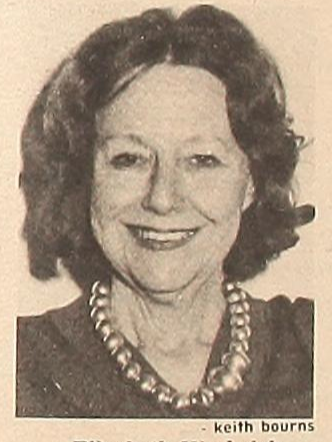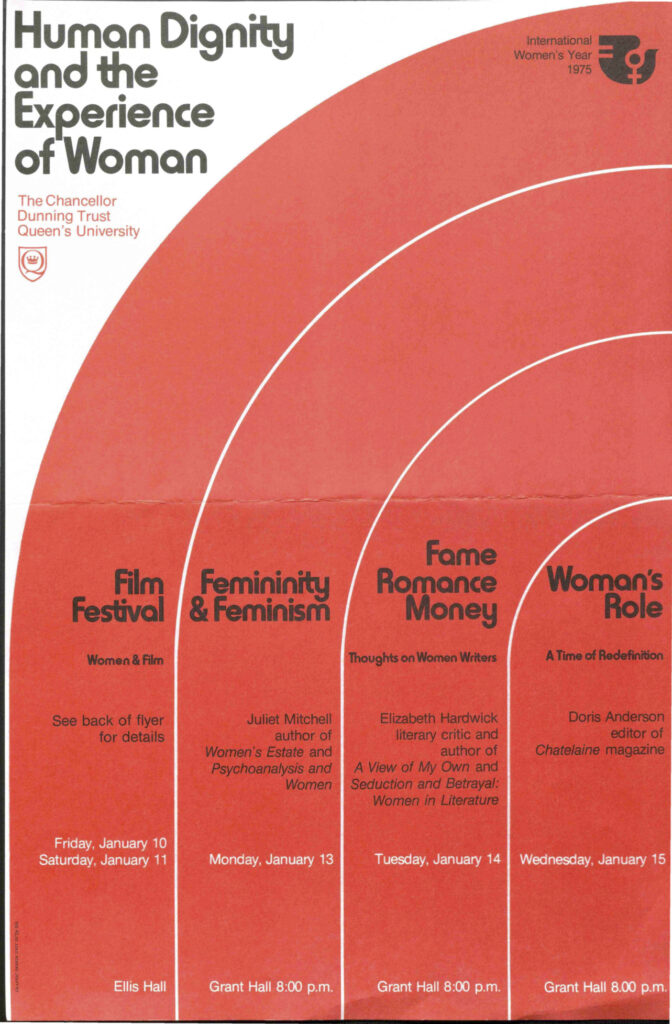
Juliet Mitchell is an internationally known psychoanalyst, scholar, feminist and author. Born in New Zealand in 1940, Juliet Mitchell moved to England shortly afterward. She was educated at Lausanne University, Switzerland, and St. Anne’s College, Oxford. At the age of 21, she was appointed Assistant Lecturer in the department of English at Leeds University. In 1965, she moved to Reading University as Lecturer in English Literature, where she stayed until 1971. It was during this time that she published her groundbreaking Women: The Longest Revolution, the first sustained analysis of women’s oppression in Britain. She has written film scripts and documentaries on women, and chaired the first major series of British television programs on the position of women in England. Mitchell is also the author of Women’s Estate and Psychoanalysis and Feminism. She was one of the organizers of the first Ruskin conference on women’s liberation and a founder member of the London Women’s Workshop. She founded the Centre for Gender Studies at the University of Cambridge.
Mitchell’s lecture was a part of the series “Human Dignity and the Experience of Women,” which marked the beginning of International Women’s Year and included a small film festival. In her lecture, Mitchell addressed the historical formation and roots of feminism in an attempt to understand modern trends in the feminist movement. She examined the longer history of feminism arising within unequal relationships between men and women. She described witches as feminists, the impacts of emergent capitalism on women and gender roles in the 17th century, and the growing demands for women’s access to education and public life. Feminism as politics, she argued, emerged as a double protest against (1) the relegation of women to a female world that no longer has any meaning because reproduction is so devalued, and (2) the desire to enter men’s world and gain equal rights. It was only within capitalism that the general oppression of women took on the specific form of assigning them the qualities of femininity. Mitchell concluded that it was not enough to change our image of femininity to gain women’s equality. We needed a more drastic change that hit at the heart of the social distinction between women and men, to revalue reproduction of society as much as we value wealth and the material means of existence.
Mitchell’s lecture was held on January 13, 1975. Listen to it below.
